There’s nothing like curling up next to a warm, crackling fire in the middle of winter. Ambiance aside, supplementing your home’s heating with a fireplace or space heater can help you save money on electricity, gas or oil – depending on how you heat your home. As you enjoy the warmth and coziness of these common types of heat sources, stay aware and prevent potential dangers with these space heater and fireplace safety tips.
The Facts
Winter can be an especially risky time when it comes to fire hazards.
Home fires occur more between December and February than in any other season, largely due to home heating equipment like space heaters and fireplaces.
Between 2016-2020, fire departments responded to an estimated average of 44,210 fires involving heating equipment – about 13% of all reported fires, according to the National Fire Protection Association.
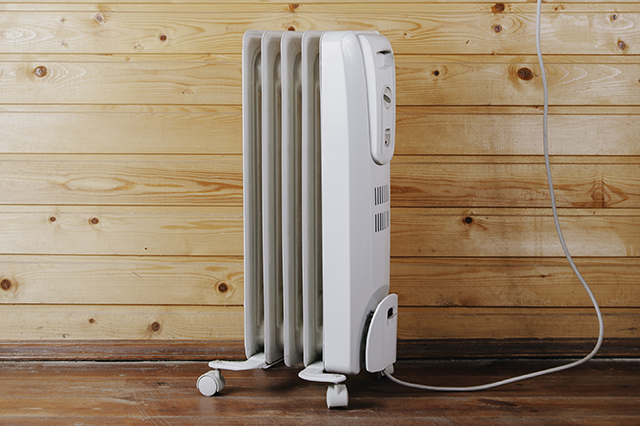
Space Heater Safety
While space heaters are a convenient solution for keeping warm, you want to take all necessary precautions when using them.
Space heaters are responsible for the most losses caused by home heating equipment, accounting for one-third of fires, nine out of ten deaths and four out of five injuries, the NFPA reports. Chimneys and fireplaces tend to cause larger fires but are far less common.
Never use a space heater if the cord is broken, cracked, frayed or otherwise damaged. And always plug your device directly into a wall outlet. Don’t use an extension cord or power strip or plug anything else into the same outlet while you’re using a space heater. These all pose fire hazards, according to the Electrical Safety Foundation International.
Also, make sure you place your space heater on a flat surface and in a safe location.
“Heaters must be kept at least 3 feet away from anything that can burn, including papers, clothing and rugs,” according to the ESFI. “Locate space heaters out of high traffic areas and doorways where they may pose a tripping hazard.”
Never leave a space heater unattended and always unplug the machine when it’s not in use.
Fireplace Safety
You should have your chimney and vents inspected by a professional at least once a year, preferably before winter, according to the Chimney Safety Institute of America.
Before starting a fire in your fireplace, especially the first one of the season, take a peek up the chimney to check for any blockages like debris from trees or animal nests. Check that the damper or flue is open, and clean out any ashes from previous fires. You may also want keep a window cracked for even more ventilation.
Use dry wood to make your fire. Wood that’s damp or too green will smoke more when burning. Keep the area around your fireplace clear of anything flammable, and consider investing in a safety screen or gate, especially if you have pets or young children.
Finally, never leave a fire unattended and double-check that it’s completely snuffed out when you’re done.
More Heating Risks in Winter
Not only does colder weather make people look for more ways to stay warm, the winter season also brings extreme weather conditions. Winter storms with strong winds and heavy snowfall can lead to power outages, which can force homeowners to rely on generators or candles for warmth and light. While the open flame of a candle is a more obvious fire hazard, generators pose risks as well.
“Shocks and electrocution from improper use of power or accidentally energizing other electrical systems, carbon monoxide from a generator’s exhaust [and] fires from improperly refueling a generator or inappropriately storing the fuel for a generator” are all hazards posed by generator use, according to the Occupational Safety and Health Administration.
Make sure you have all the right safety detectors, including smoke alarms and carbon monoxide detectors, installed and working properly throughout your home, and keep a fire extinguisher near any potential fire hazards.
Insurance Considerations
Damage caused by fire and smoke is generally covered by a standard homeowners insurance policy, but having a fireplace in your home could be considered an extra risk by your insurer. Depending on the size and type of fireplace (wood-burning, gas, electric), it may be factored into your premium. If you plan on installing a fireplace, it is also a good idea to reach out to your agent to see if any changes to your policy are needed.
Proper cleaning and structural maintenance of your fireplace are key to reducing your risk.
Space heaters do not require special coverage or disclosure, unless they’re being used as primary heating sources (i.e., there’s no central heat).
When it comes to a home fire loss, depending on the severity, a coverage called “additional living expenses” on your homeowners policy may come into play depending on the severity of the claim. This is normally included on a policy but it never hurts to confirm with your agent.
“Essentially, this coverage pays for additional expense incurred by the insured if they are the result of fire loss,” says Ray Eng, vice president of insurance sales for AAA Northeast. “For instance, if your residence is rendered uninhabitable for a period of time and you have to live in a hotel until your home is restored. It may also cover meals, additional mileage, laundry expense, etc.”
Do you have a fireplace or use space heaters to warm your home in winter? Tell us in the comments.
Speak to a AAA insurance agent to learn more about your homeowners insurance policy and options.
One Thought on “Space Heater and Fireplace Safety Tips”
Leave A Comment
Comments are subject to moderation and may or may not be published at the editor’s discretion. Only comments that are relevant to the article and add value to the Your AAA community will be considered. Comments may be edited for clarity and length.



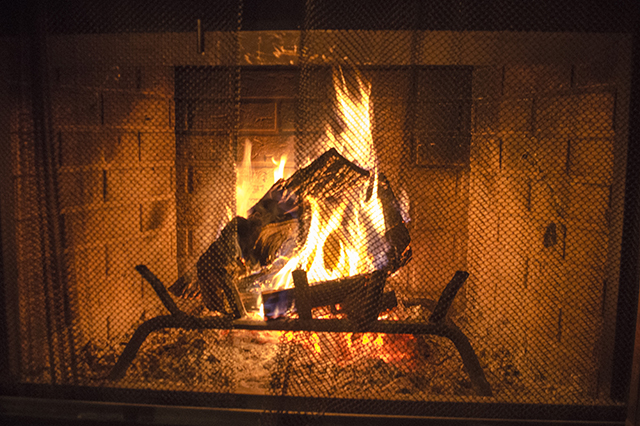
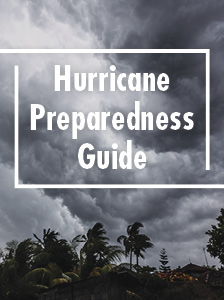


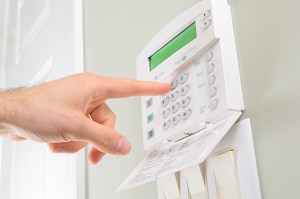

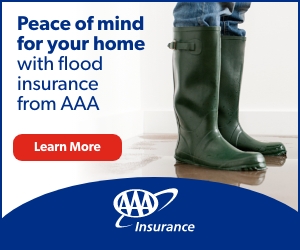







I use a wood burning stove in the winter